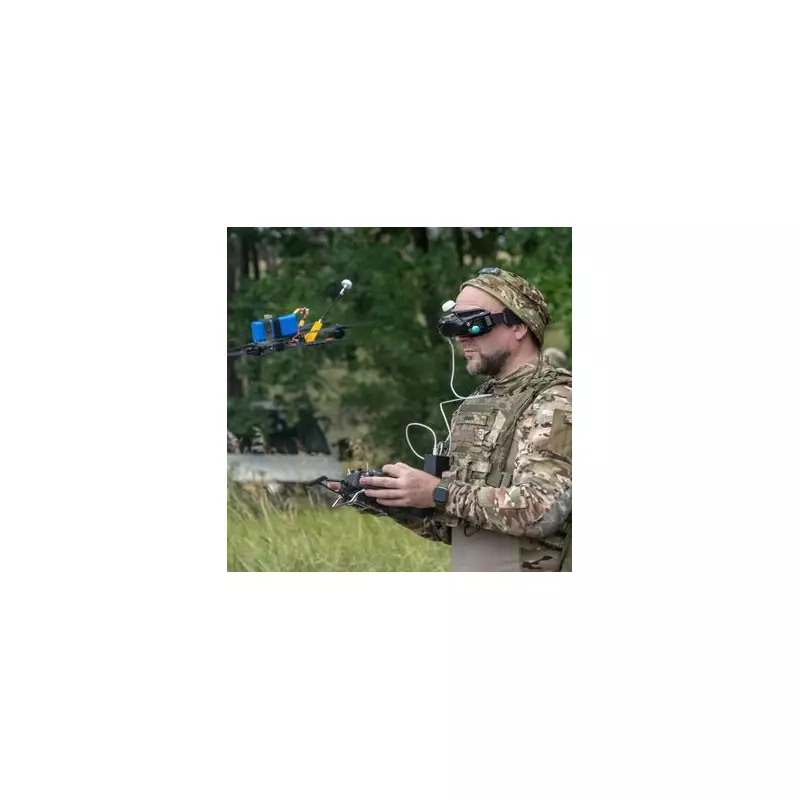
Lithuania is taking bold steps to combat the spread of fake news by introducing digital literacy lessons for children as young as 12. The proposed reforms aim to equip students with the skills to identify misinformation, deepfakes, and online manipulation.
Why Lithuania is Leading the Charge
The Baltic nation, which has faced significant disinformation campaigns from neighbouring Russia, believes early education is key to building resilience against digital threats. Officials argue that critical thinking and media literacy should be fundamental skills in today's interconnected world.
What the Curriculum Will Cover
- Identifying fake news and manipulated content
- Understanding how algorithms shape online experiences
- Recognising deepfakes and AI-generated content
- Developing critical thinking skills for digital environments
The initiative comes as concerns grow about the impact of misinformation on young minds and democratic processes. If approved, Lithuania would become one of the first European countries to implement such comprehensive digital literacy education.
Expert Reactions
Education specialists have welcomed the proposal, noting that children are increasingly exposed to sophisticated online manipulation. "We're seeing teenagers making life decisions based on TikTok trends and unverified claims," said one Vilnius-based academic. "This could be a model for other nations facing similar challenges."
The Lithuanian parliament is expected to debate the reforms in the coming months, with potential implementation as early as the 2025 academic year.





